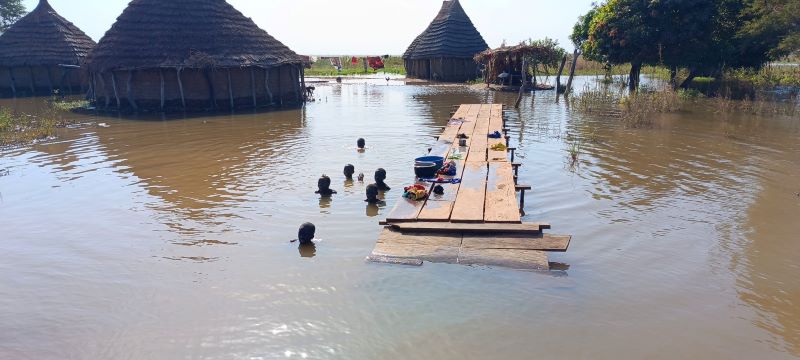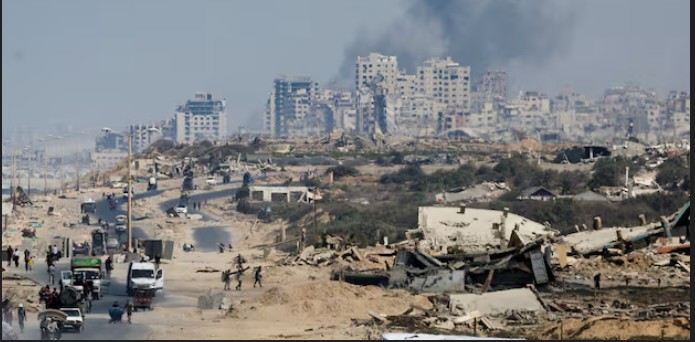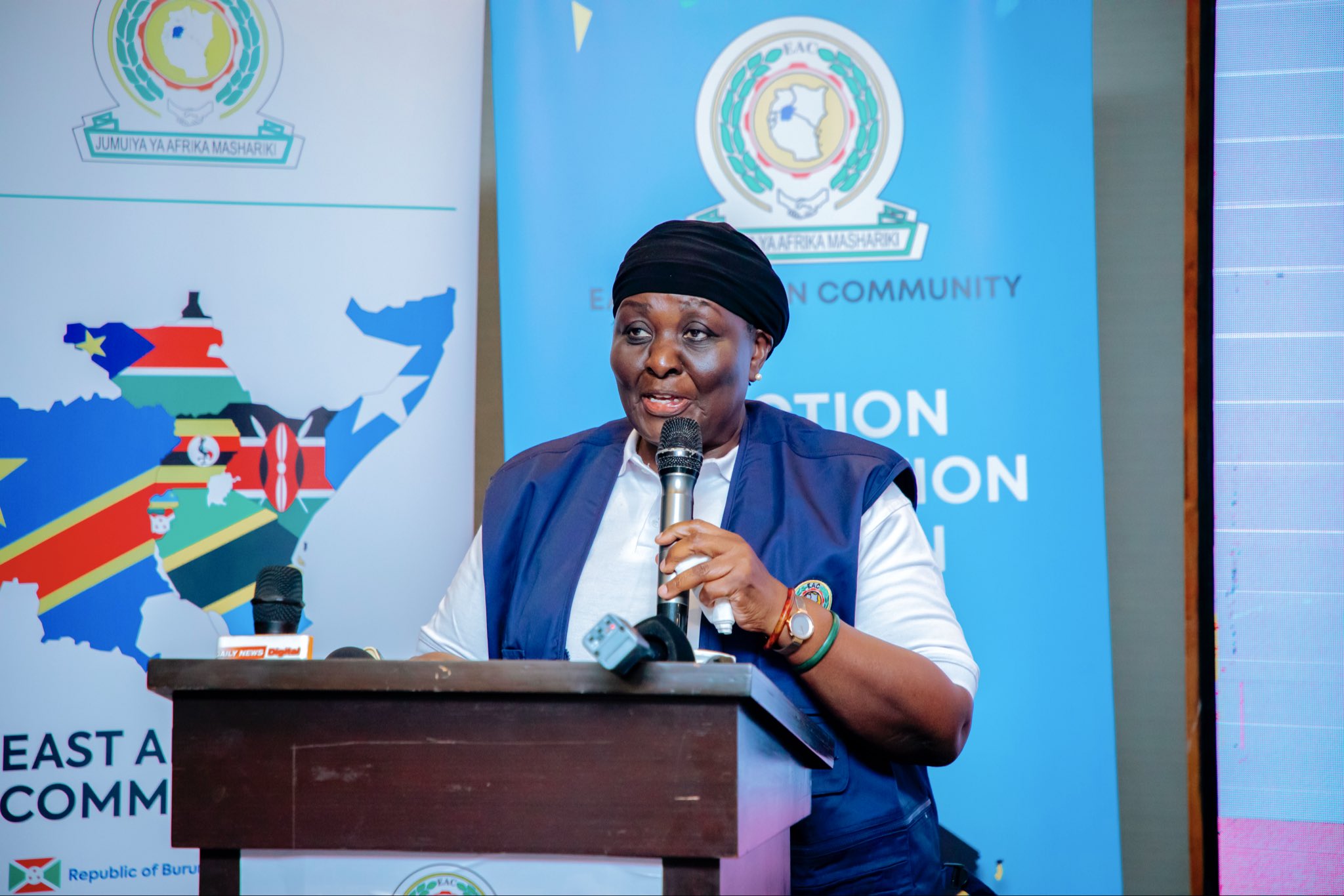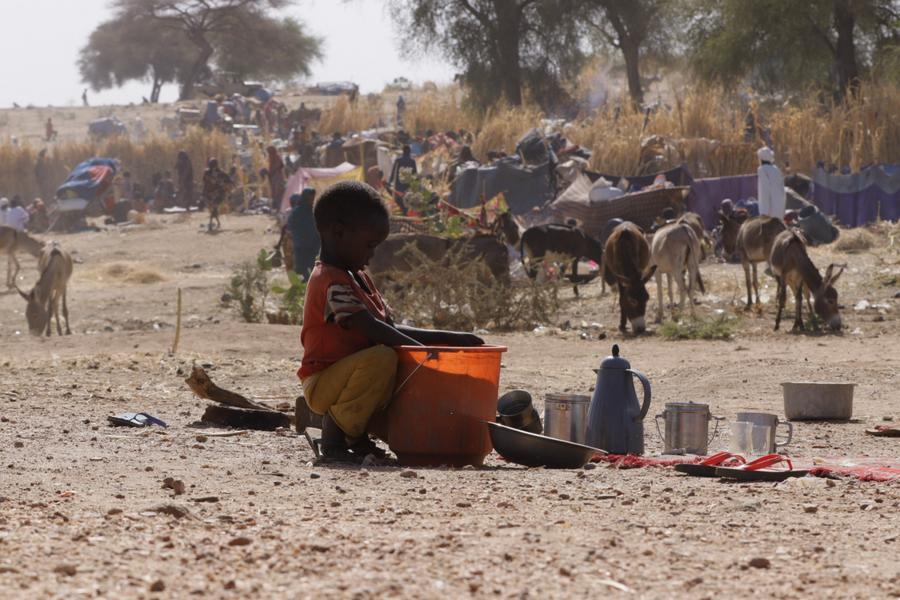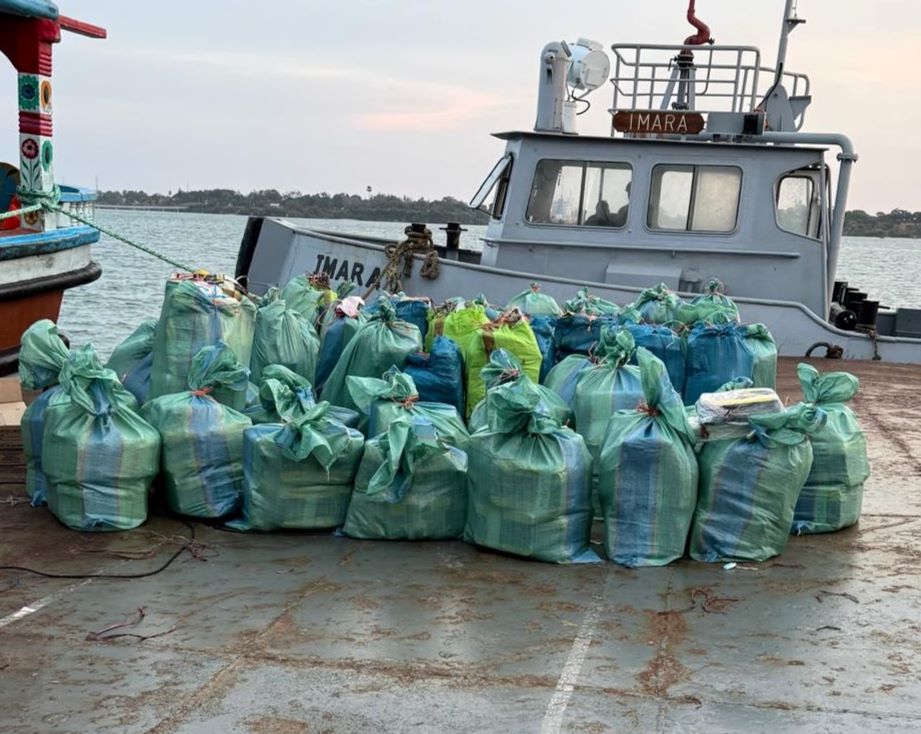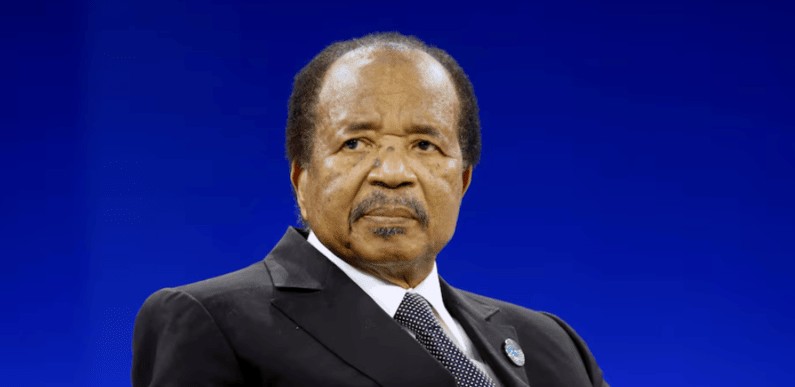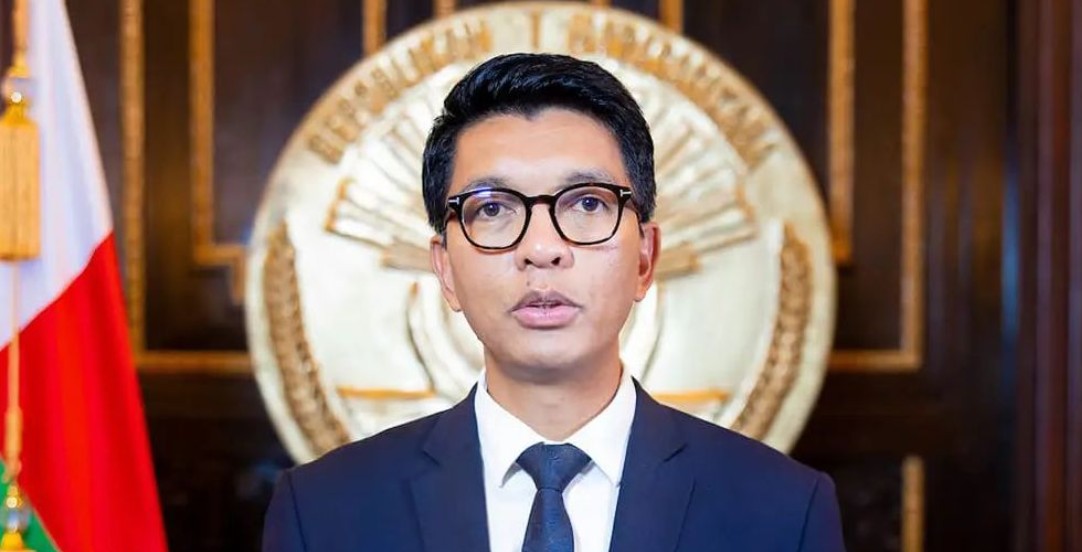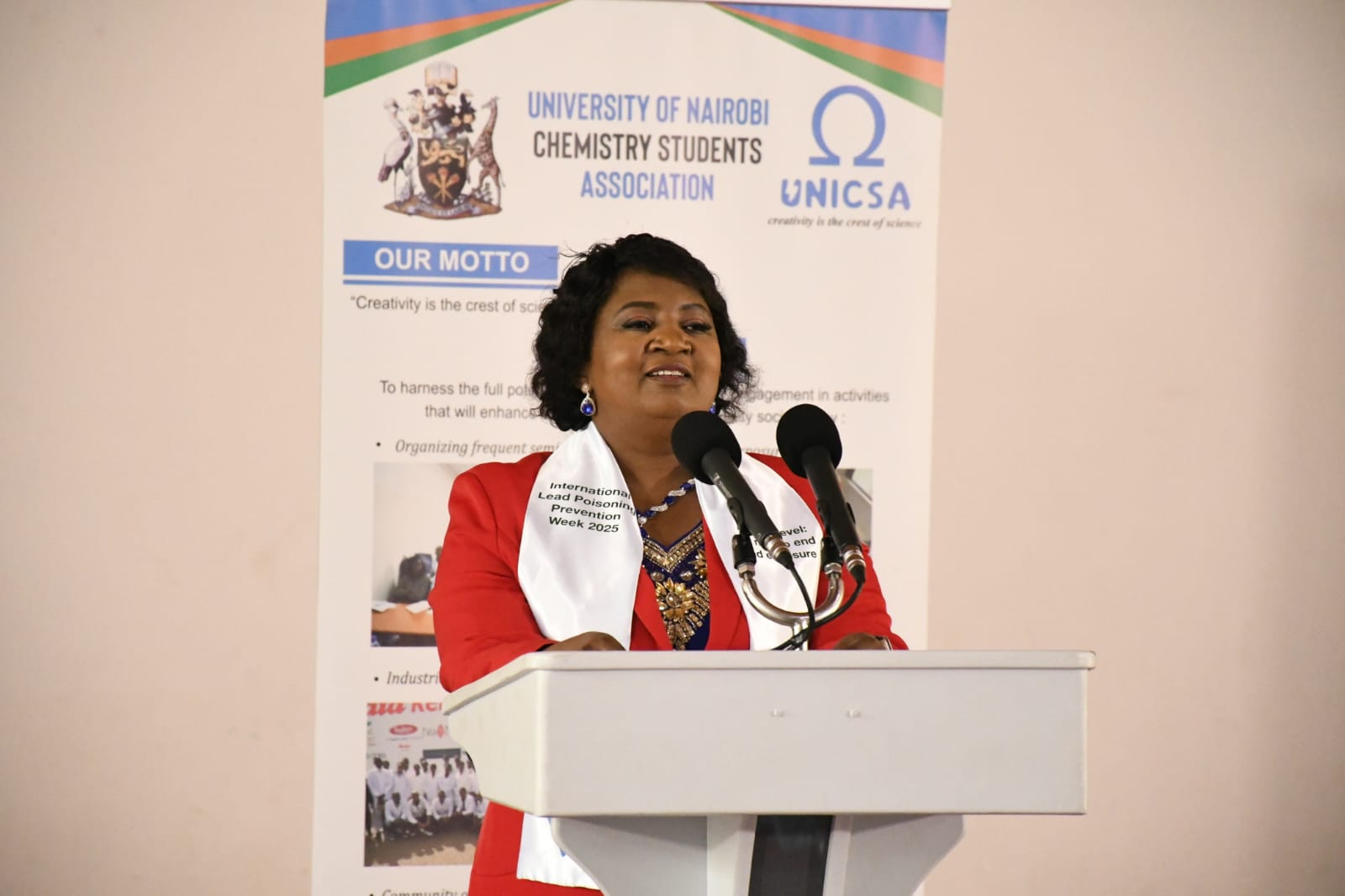Arab forum rejects Ethiopia-Somaliland deal, upholds Somalia’s territorial integrity
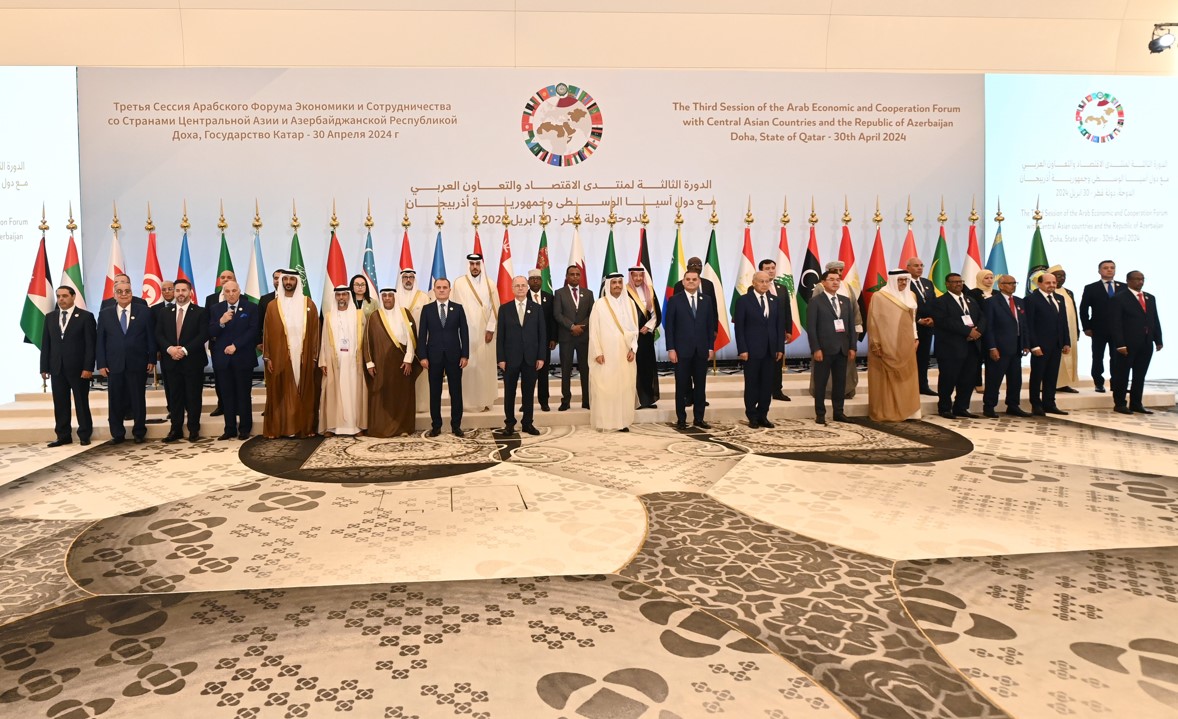
The declaration also saw the ministers rejecting attempts to benefit from the "Memorandum of Understanding" aimed at creating a new geopolitical reality in the Gulf of Aden, off the Somali coast and the Red Sea and considered it a threatening step to Arab national security.
The Third Arab Economic and Cooperation Forum with Central Asian countries and the Republic of Azerbaijan concluded its third session in Doha, Qatar on Tuesday affirming its commitment to Somalia's security, stability, unity, sovereignty, and territorial integrity.
The declaration also saw the ministers rejecting attempts to benefit from the "Memorandum of Understanding" aimed at creating a new geopolitical reality in the Gulf of Aden, off the Somali coast and the Red Sea and considered it a threatening step to Arab national security and navigation in the Red Sea and the Gulf of Aden.
More To Read
- China reacts harshly to US senator’s Somaliland remarks
- Somalia rejects Ethiopia’s request to join naval exercise, cites sovereignty and legal concerns
- Ethiopia secures African Union Peace and Security Council seat amid regional tensions
- Somalia wants Ethiopia included in new African Union mission despite troop quota challenges
- Turkish President Erdogan to visit Ethiopia, Somalia after brokering landmark deal
- AU, IGAD welcome Ethiopia, Somalia agreement to end Somaliland port dispute
"They affirmed the right of the Federal Republic of Somalia to legitimately defend its lands in accordance with what was stipulated in Article (51) of the United Nations Charter, and the relevant articles of the Charter of the League of Arab States, and support the building of the institutions of the State of Somalia," the declaration read.
Somalia's Minister of Foreign Affairs and International Cooperation of Somalia Ahmed Fiqi attended the forum stating that the summit affirmed support for the security, stability, unity, sovereignty and territorial integrity of Somalia while at the same time supporting the government in its efforts to preserve sovereignty on land, sea and air.
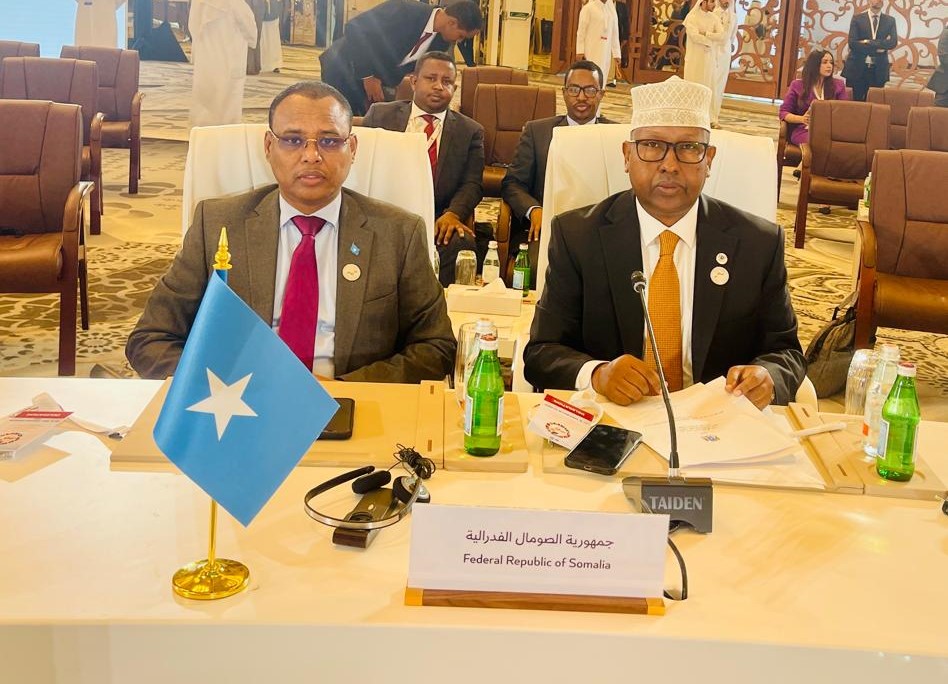 The Somalia Minister of Foreign Affairs, His Excellency Ambassador Ahmed Moallem Fiki (right), delivered a speech at the Arab Economic and Cooperation Forum with the countries of Central Asia and the Republic of Azerbaijan in Doha on April 29, 2024. (Photo: Somalia Ministry of Foreign Affairs)
The Somalia Minister of Foreign Affairs, His Excellency Ambassador Ahmed Moallem Fiki (right), delivered a speech at the Arab Economic and Cooperation Forum with the countries of Central Asia and the Republic of Azerbaijan in Doha on April 29, 2024. (Photo: Somalia Ministry of Foreign Affairs)
"The Ministers affirmed their solidarity and full support for the position of the Somali State with all its agencies, which considered the "Memorandum of Understanding" signed on January 1, 2024, between the Federal Republic of Ethiopia and the "Somaliland" region null, void and unacceptable, and constitute a flagrant violation of the principles of International Law, and the sovereignty and territorial integrity of the Federal Republic of Somalia, good-neighbourly relations, peaceful coexistence and stability in the region," the declaration stated.
Minister Fiqi at the same time highlighted Somalia’s progress in the ongoing conflict against the Khawarij and raised concerns over Ethiopia’s maritime claims, which Somalia views as an infringement on its territorial integrity and national sovereignty.
The forum, which saw the participation of foreign ministers from Arab nations, Azerbaijan, Uzbekistan, Tajikistan, Turkmenistan, the Kyrgyz Republic, Kazakhstan, and the Secretary General of the Arab League, Mr. Ahmed Aboul Gheit.
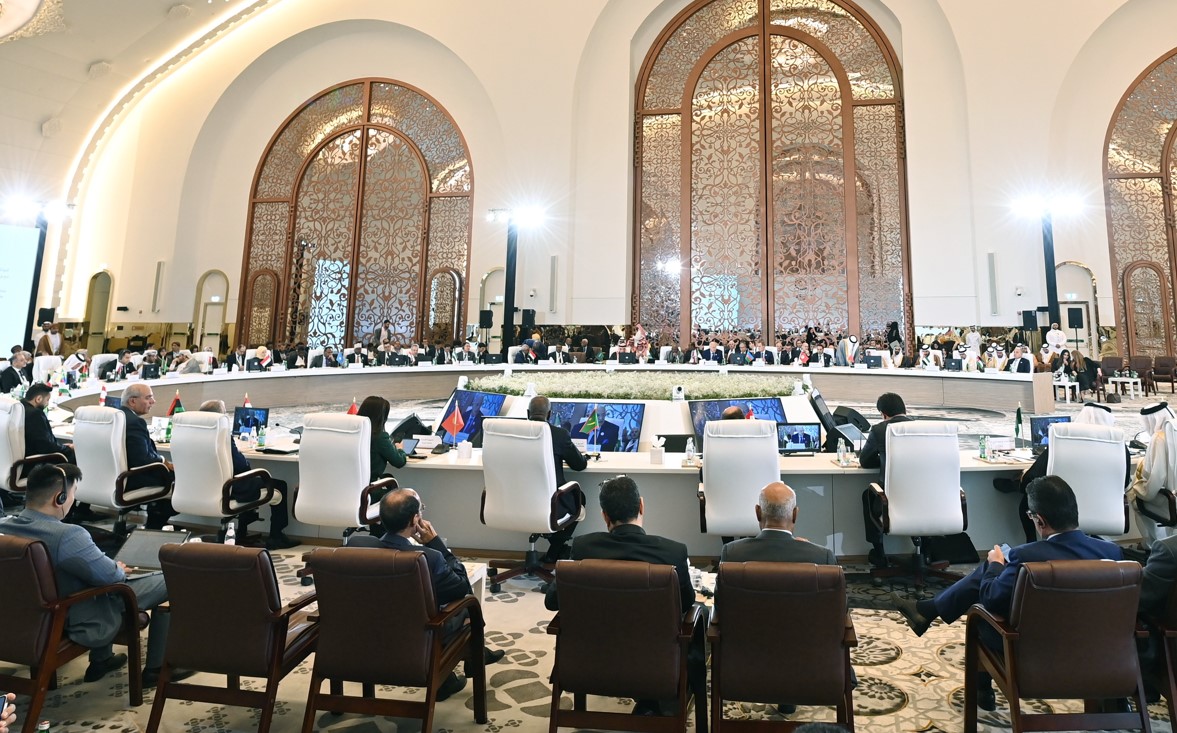 Participants during the Third Session of the Arab Economic and Cooperation Forum with Central Asian Countries and The Republic of Azerbaijan in Doha, Qatar on April 30, 2024. (Photo: Ministry of Foreign Affairs of the Republic of Azerbaijan)
Participants during the Third Session of the Arab Economic and Cooperation Forum with Central Asian Countries and The Republic of Azerbaijan in Doha, Qatar on April 30, 2024. (Photo: Ministry of Foreign Affairs of the Republic of Azerbaijan)
The Addis Standard on Tuesday quoted Dr Essa Kayd, Minister of Foreign Affairs and International Cooperation of the breakaway region of Somaliland and officials from the Ethiopian Government are close to finalising an agreement that could see Ethiopia establish a naval base along Somaliland's coastline and potentially recognise Somaliland's sovereignty.
According to the Addis Standard, If an agreement is reached, Ethiopia would lease a portion of Somaliland's 850-kilometer coastline to establish a naval base.
Minister Essa confirmed that three potential areas have been identified but declined to disclose them until further discussions with Ethiopian counterparts conclude.
The G7 countries had urged both the Ethiopian government and the Federal Government of Somalia to maintain open communication channels.
They emphasised the importance of dialogue to avert further tensions, urging cooperation with regional allies, adherence to international law, and respect for sovereignty and territorial integrity, as outlined in the UN Charter.
Top Stories Today
